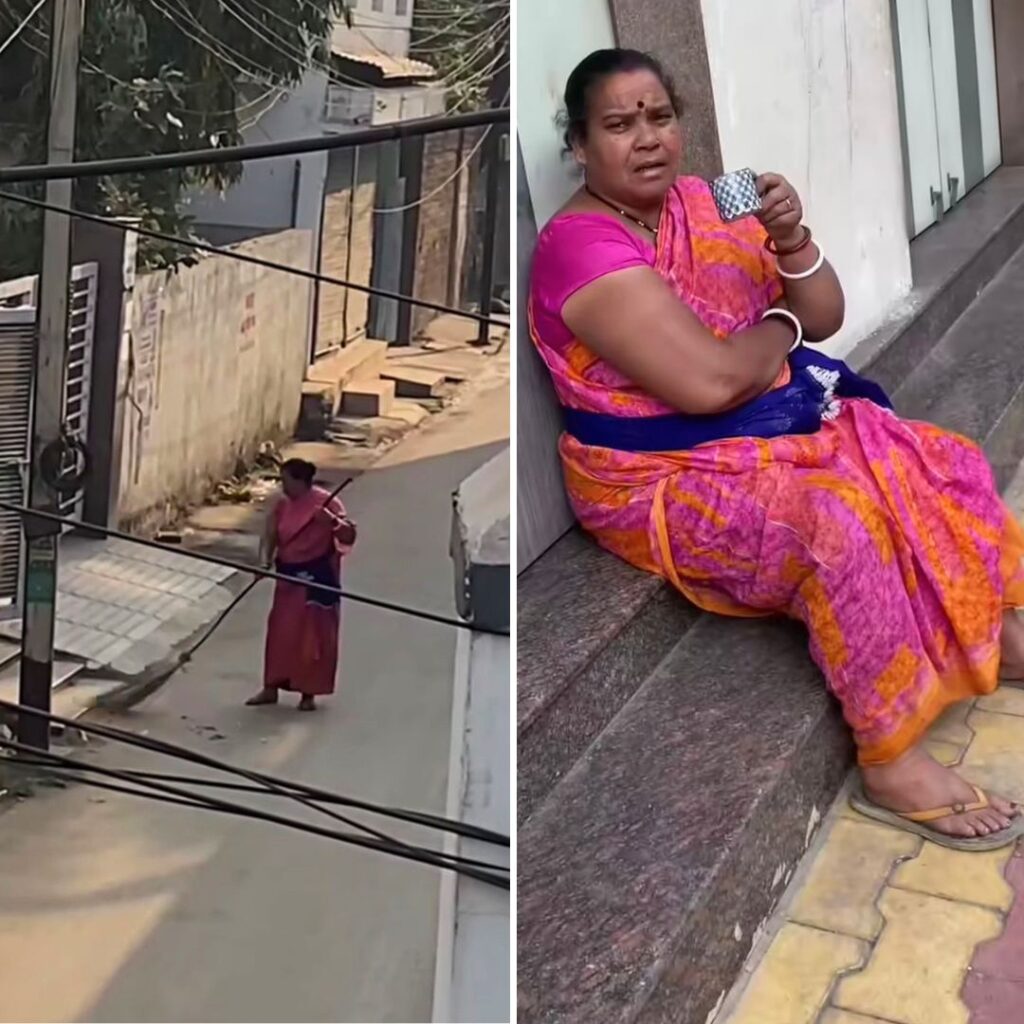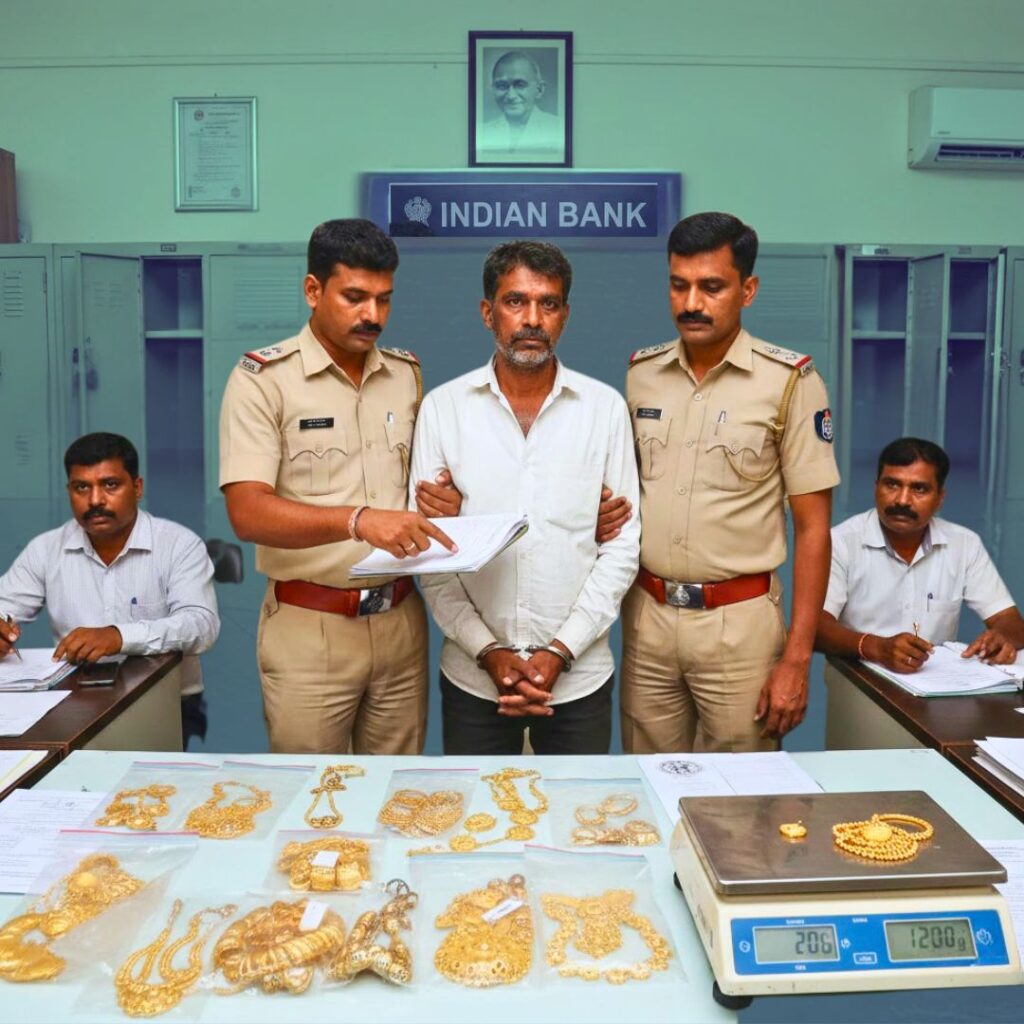South Korea has declared emergency martial law in response to escalating protests against government policies, particularly those related to economic reforms and political opposition. President Yoon Suk-yeol announced the measure following violent clashes between demonstrators and police, asserting it was necessary to restore order and protect the nation from perceived threats.
Recent developments indicate that the government is seeking dialogue with protest leaders, while opposition parties urge the revocation of martial law amid accusations of anti-state activities.
What is Martial Law?
Martial law is the imposition of military control over normal civil functions, typically enacted during times of crisis or unrest. Under martial law, civilian legal processes may be suspended, and military authorities assume control over law enforcement and public order. This declaration often involves restrictions on freedoms, curfews, and military involvement in governance. In South Korea, martial law has historically been declared during significant political turmoil.
Rising Unrest and Government Response
The protests have drawn a diverse group of citizens, including students, workers, and civil society organisations, united in their discontent with government economic policies. President Yoon Suk-yeol stated, “We must act decisively to protect our democracy,” highlighting the government’s commitment to stability. He accused opposition parties of engaging in “anti-state activities” and sympathising with North Korea, claiming these actions have destabilised governance.
Why Martial Law Was Declared
President Yoon cited the need to safeguard a liberal South Korea from threats posed by North Korea’s communist regime and to eliminate what he described as “anti-state elements.” He claimed that the opposition had paralyzed governance through budget cuts essential for national security and public safety. Yoon asserted that declaring martial law was necessary to protect citizens’ freedoms and ensure stability amidst chaos caused by disruptive forces.
Declaration of Martial Law
The martial law measures include a ban on all political activities and gatherings, imposing severe penalties for violations, including detention without a warrant. This decision marks a significant shift in how the government addresses civil unrest following weeks of protests that escalated into violent confrontations with law enforcement.
Timeline of Events
Protests began several weeks ago but intensified dramatically over the past few days, culminating in the martial law declaration on December 1, 2024. This rapid escalation reflects growing tensions between the government and citizens as demands for change remain unaddressed.
Nationwide Protests
Demonstrations have erupted across major cities in South Korea, including Seoul and Busan. The widespread nature of these protests highlights pervasive dissatisfaction among citizens from various backgrounds. The martial law declaration particularly impacts urban areas most affected by unrest, where police presence has significantly increased.
Underlying Issues
The unrest is rooted in controversial economic reforms introduced by the government that many believe disproportionately affect lower-income citizens. Additionally, incidents of police violence during previous protests have heightened tensions among demonstrators who are calling for a more equitable approach to governance.
Political Pushback
In response to the unrest, officials have insisted that martial law is necessary for restoring order and ensuring public safety. However, there are indications that the government is exploring avenues for dialogue with protest leaders to address grievances directly. In a significant political move, South Korea’s parliament has voted to urge President Yoon to revoke the declaration, reflecting substantial pushback against his decision.
International Attention
The situation has garnered international concern, with reports suggesting that the Biden administration is closely monitoring developments in South Korea. This reflects global apprehension regarding potential implications for democracy and civil liberties in the country.
The Logical Indian’s Perspective
At The Logical Indian, we firmly believe in the power of peaceful resolutions and constructive dialogue as essential tools for addressing societal challenges. While martial law may serve as a temporary measure to restore order, it is crucial for the government to engage empathetically with its citizens. How can we cultivate a society where diverse voices are heard without resorting to extreme measures?
We encourage our readers to share their thoughts on fostering dialogue and promoting positive change within our communities.
What’s going on in South Korea?
— Open Source Intel (@Osint613) December 3, 2024
South Korea is in chaos after President Yoon Suk Yeol declared emergency martial law, saying it’s necessary to stop “anti-state forces,” especially pro-North Korean leftist groups. The decree bans all political activities, controls the media, and… pic.twitter.com/Fg1bMv3Pb9












